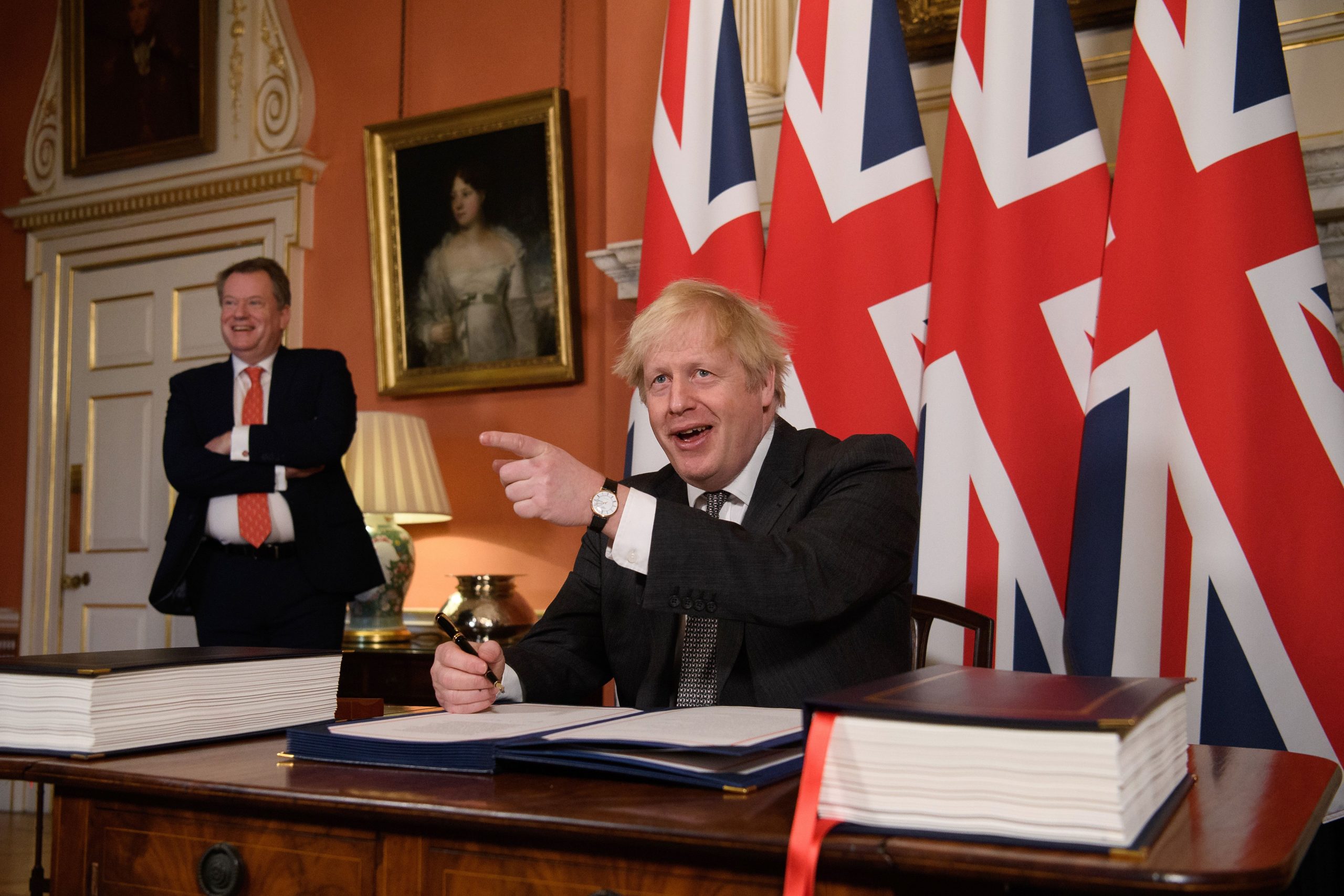
The share of Britons who believe that leaving the EU was a mistake in hindsight rose to an all-time high in December 2020. However, as history shows, this doesn’t necessarily mean that they would vote to rejoin if given the chance.
At midnight on 1 January 1973, the United Kingdom joined the European Economic Community – the precursor to what would eventually become the European Union. At the time it was an event that divided Britons. Had the public been given a vote, they would, according to a Gallup poll taken the month before UK joined the EEC, have rejected membership. However, another Gallup poll taken in the weeks following the UK’s accession found that, with the deed done, a slim majority of voters with an opinion regarded it favourably.
Similarly, Deltapoll recently asked voters whether they regretted their vote in the EU 2016 referendum. They found that just over one in ten (13 per cent) of those who voted Leave felt regret, while just under one in ten (7 per cent) of those who voted Remain felt the same – a small difference, but a notable one.
Though subsamples are a risky metric, it’s also worth noting that the Deltapoll survey found that Labour Leavers were the most regretful by a significant margin. When pollsters find strong pluralities – and sometimes even a majority – of voters saying the Leave vote was the wrong decision, it is easy to jump to the conclusion that the 2016 result could be reversed if a vote were held today.
But a more nuanced set of polling exposes how, as in 1973, Britons are currently unwilling to reverse their decision to leave the EU even though they regret it. A recent Kantar survey found that faced with the question, “Would you vote to rejoin the EU?” a plurality of voters said they would not.
The share of Brits who declare they would vote to rejoin stands at just 32 per cent, while the number opposed stands at 34 per cent. Excluding the undecided and those who would abstain, the numbers result in a familiar 52 per cent for staying out, versus 48 per cent for rejoining. Though these figures illustrate a divided country, they also reveal a high number of undecided voters. Regretful of Brexit though they may be, the British people are yet to demonstrate an active desire to reverse it.
[See also: Martin Fletcher on why Brexit is a moment of national shame]
There are many theories as to why this is the case. It could be that, after four years of angst over the terms of the UK’s departure from the EU, voters simply want Brexit to go away. Or it could be that they’re biding their time before assessing the consequences of withdrawal.
Voters may need to feel the impact of Brexit, and distinguish it from other issues, before a rejoin campaign gains traction. But Remainer hopes that the electorate will notice the economic fallout during a pandemic and a pre-existing economic crisis are likely to prove futile.
And time may also dull the passions of the Remain side. As the Brexit wars fade into less intense debates over trade policy and fishing quotas, the political capital to be made is likely to dissipate with each month. To what extent, for instance, is the antipathy towards Brexit, and the capital to be made from it, a consequence of the Leave campaign being led by figures such as Boris Johnson and Nigel Farage? Once they depart the scene, might much of the contentious debate vanish with them?
Only time will tell. But based on the poll data illustrated above, that time may well have already passed.
[See also: Stephen Bush on whether Remainers are to blame for a hard Brexit]






